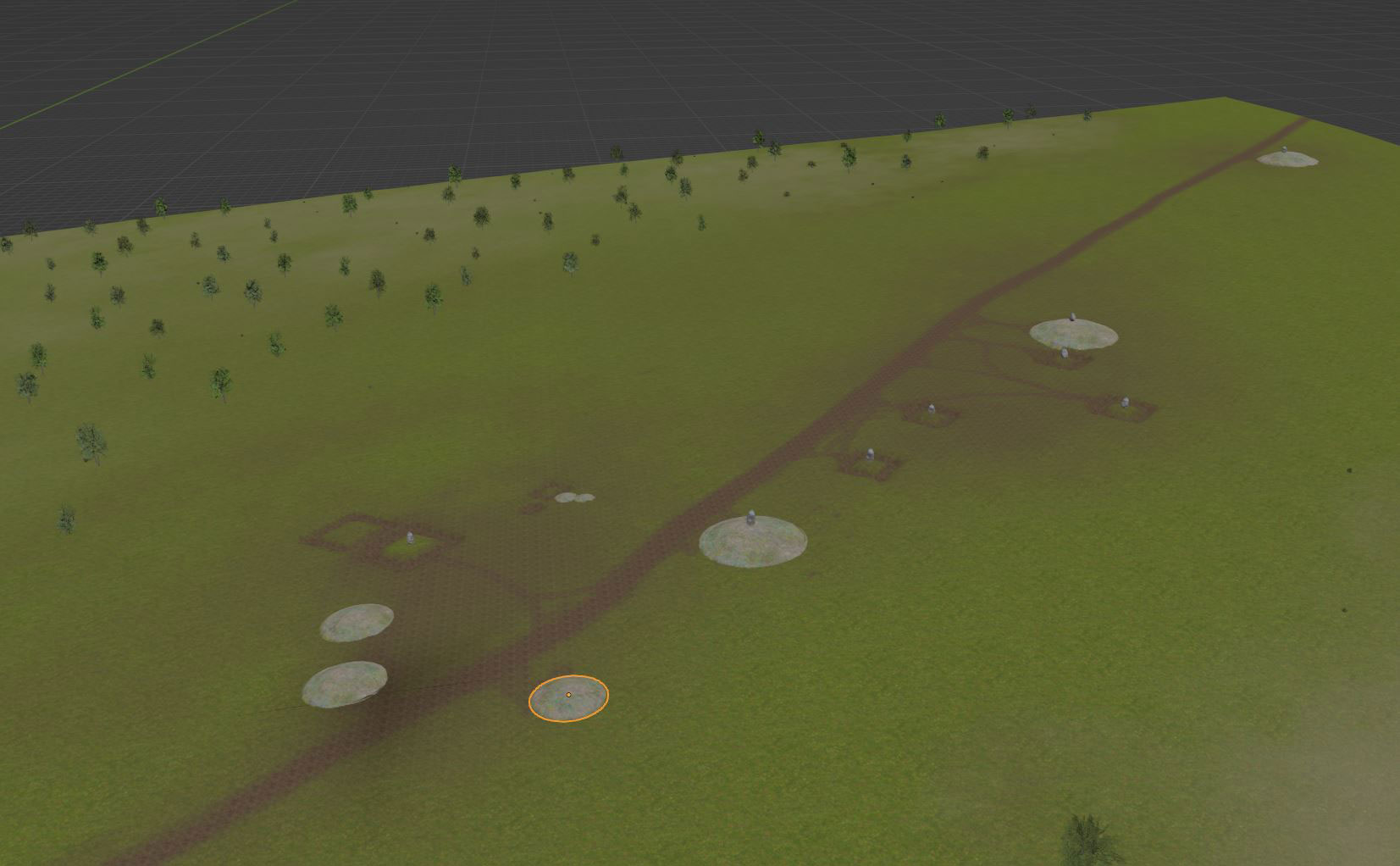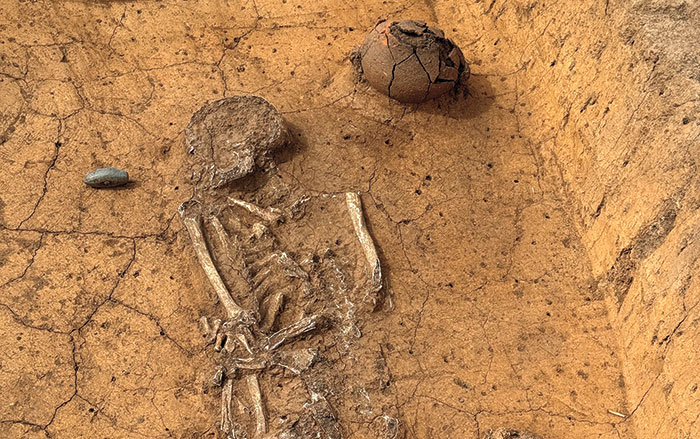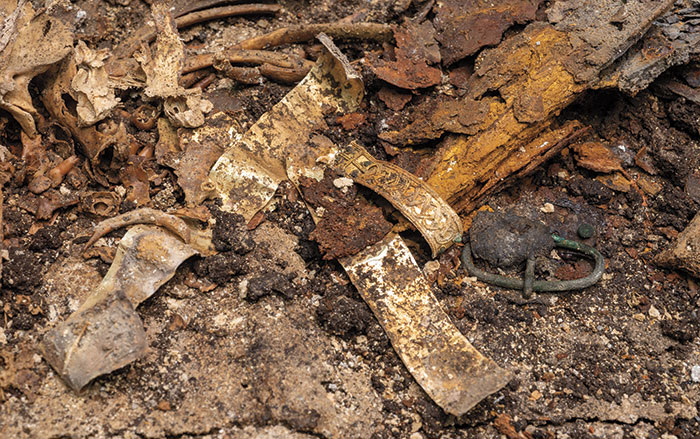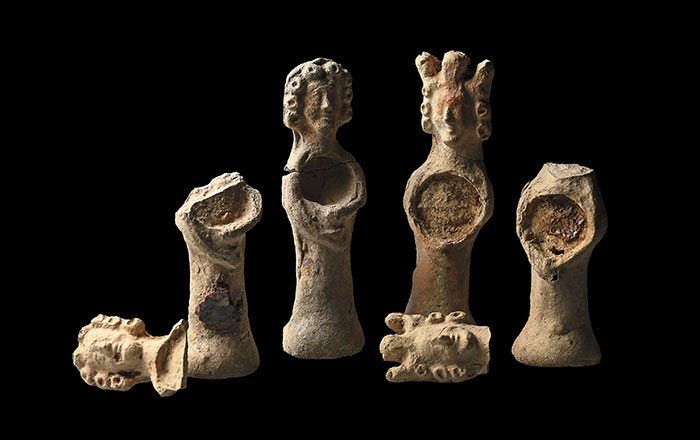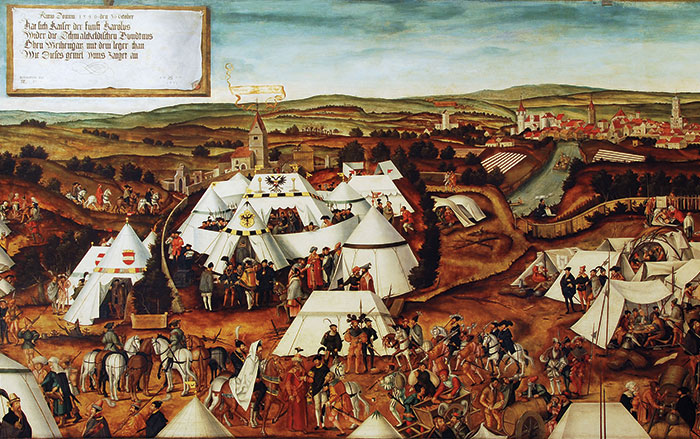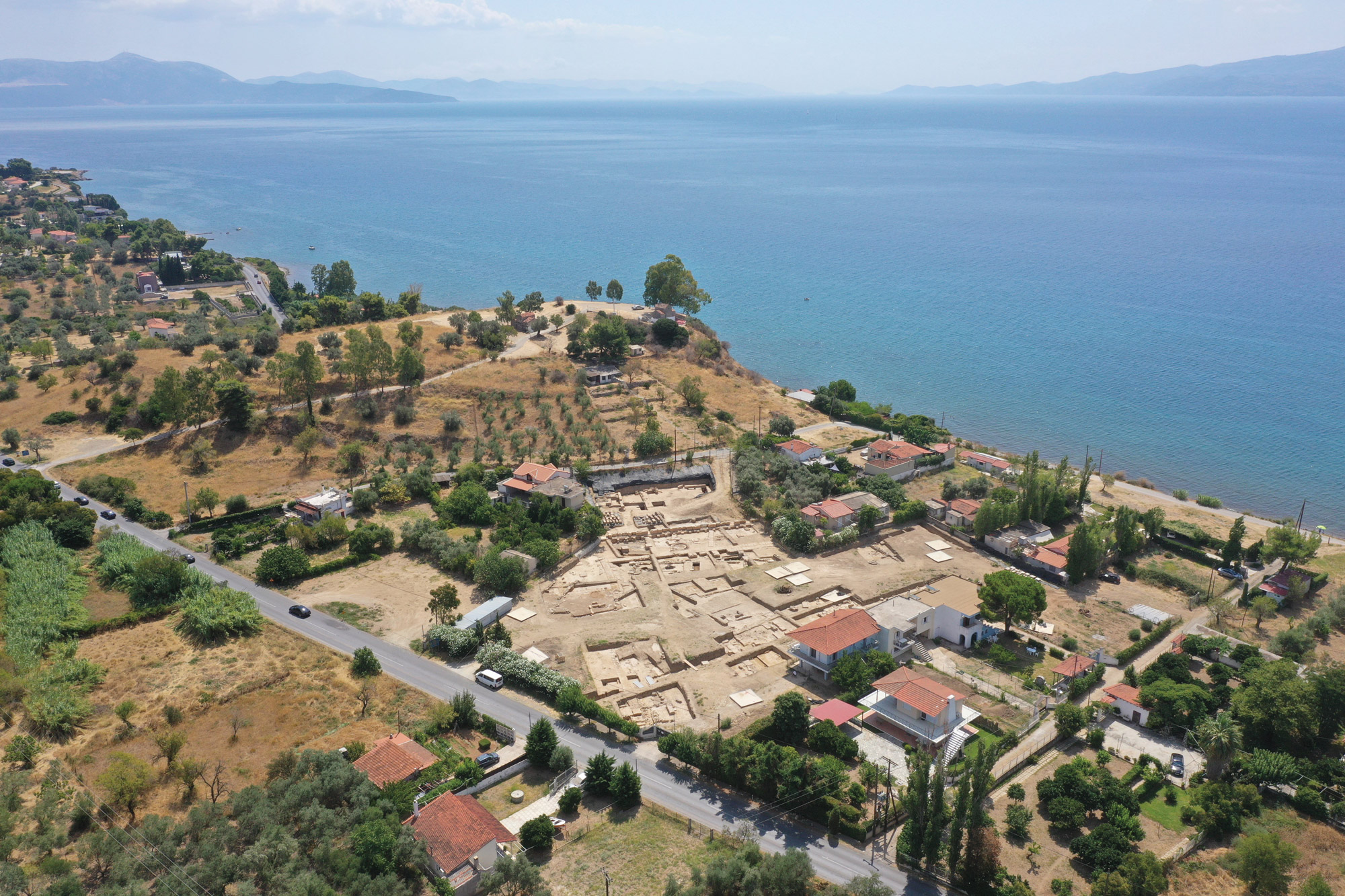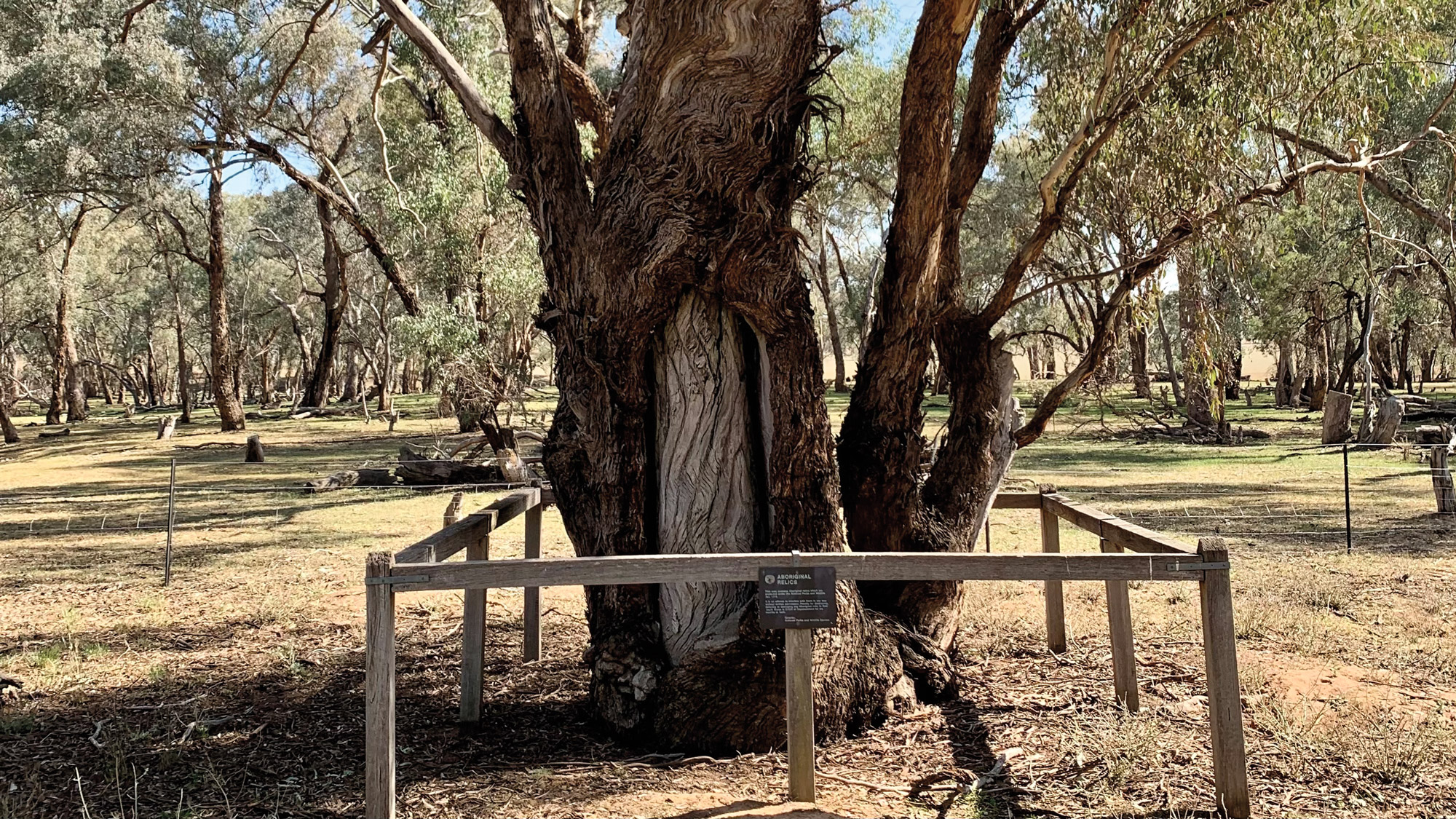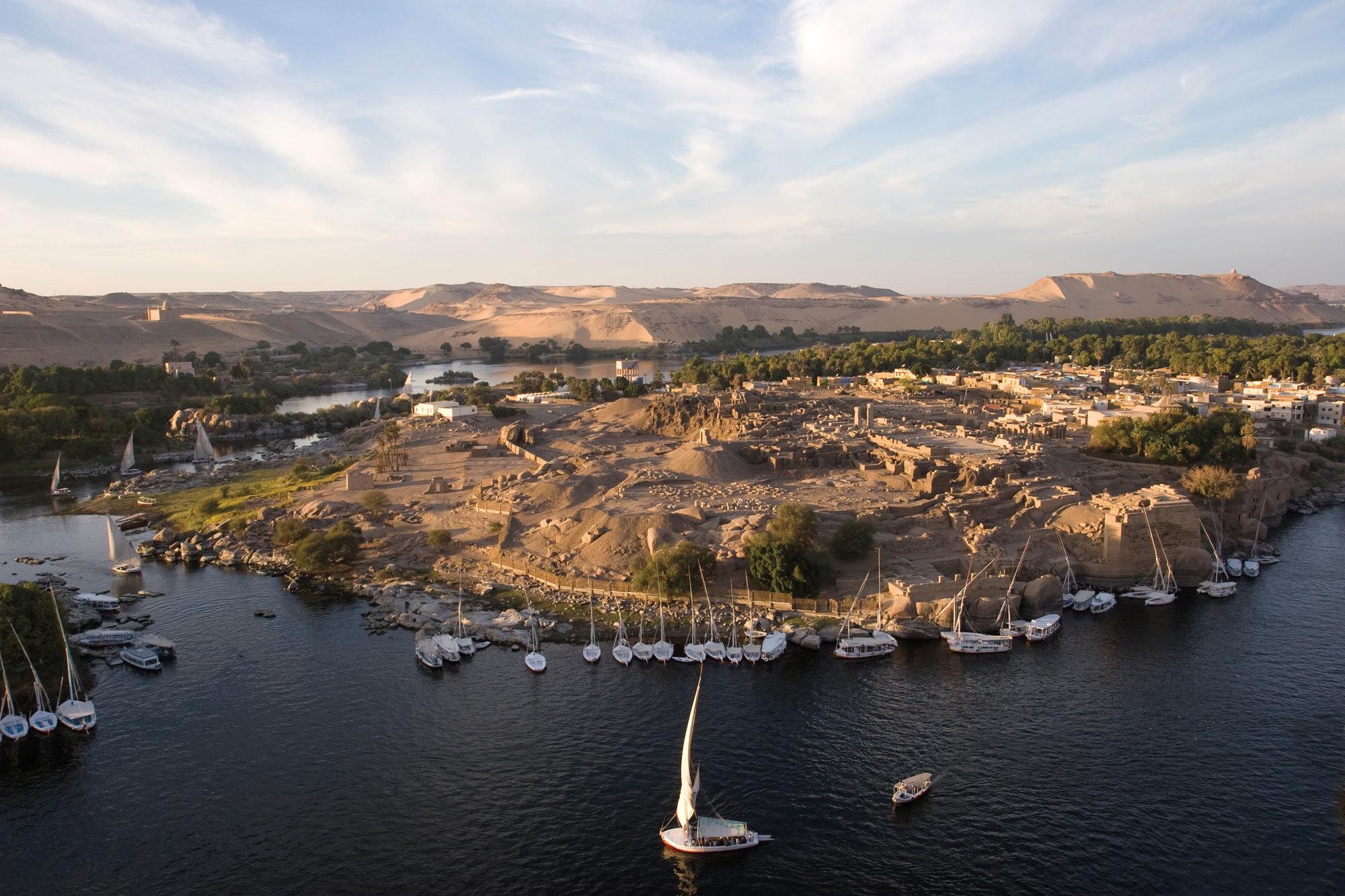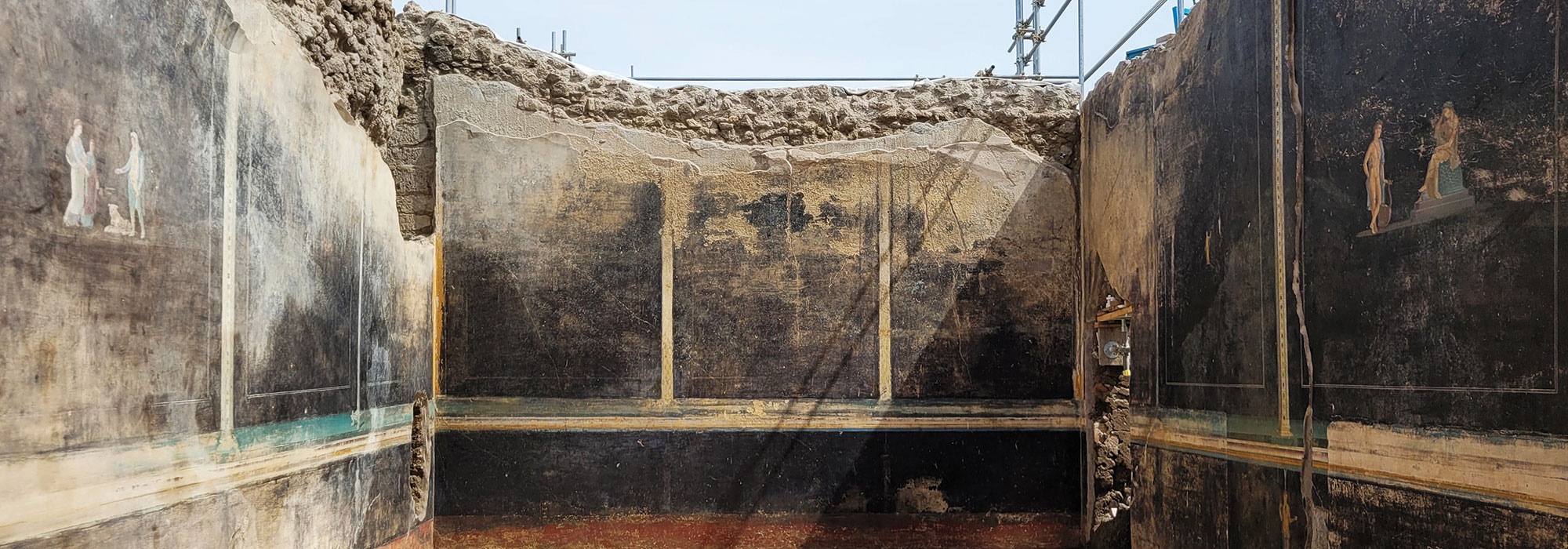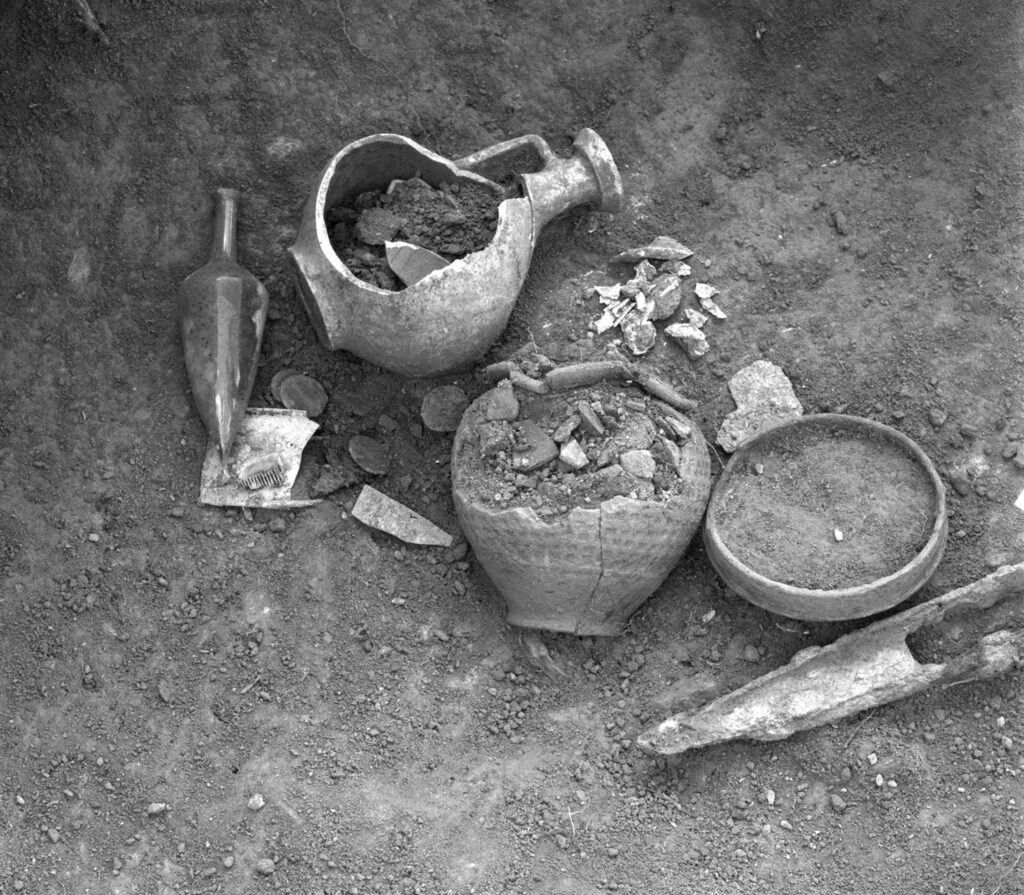
MUNICH, GERMANY—Phys.org reports that Wolf-Rüdiger Teegen of Ludwig-Maximilians University examined the cremated remains of more than 1,600 people unearthed at the Wederath-Belginum cemetery in western Germany. Three hundred and sixty-four of the individuals lived during the Celtic Iron Age, or La Tène Period, between the third and first centuries B.C.; 113 lived during the following early Roman period; and 1,212 lived into the second century A.D, when the area was fully Romanized. Teegen said that the condition of the remains shows that the average life span increased over time, reflecting changes in living conditions under the Romans. Overall, more people lived into their 60s during the Roman period, although women were still more likely to die earlier—more than half of the cremations represented women below the age of 40. The study also determined that people who lived in the area during the Roman period were less likely to have experienced violence than the earlier residents. The Romans were more likely, however, to have lost teeth, experience joint and spine problems, and suffer from sinusitis, perhaps from breathing in fumes from open hearths. Men were more likely to have joint and spine problems, Teegen explained, probably brought on by heavy physical labor. Finally, the size and condition of the remains suggests that the Celtic artisans were taller, and may have been better fed than their neighbors. Armed Romans, meanwhile, were more likely to have been taller and to have been buried with more grave goods than those whose burials did not contain weapons. Read the original scholarly article about this research in International Journal of Osteoarchaeology. For more on the Roman conquest of Germany, go to "The Road Almost Taken."


